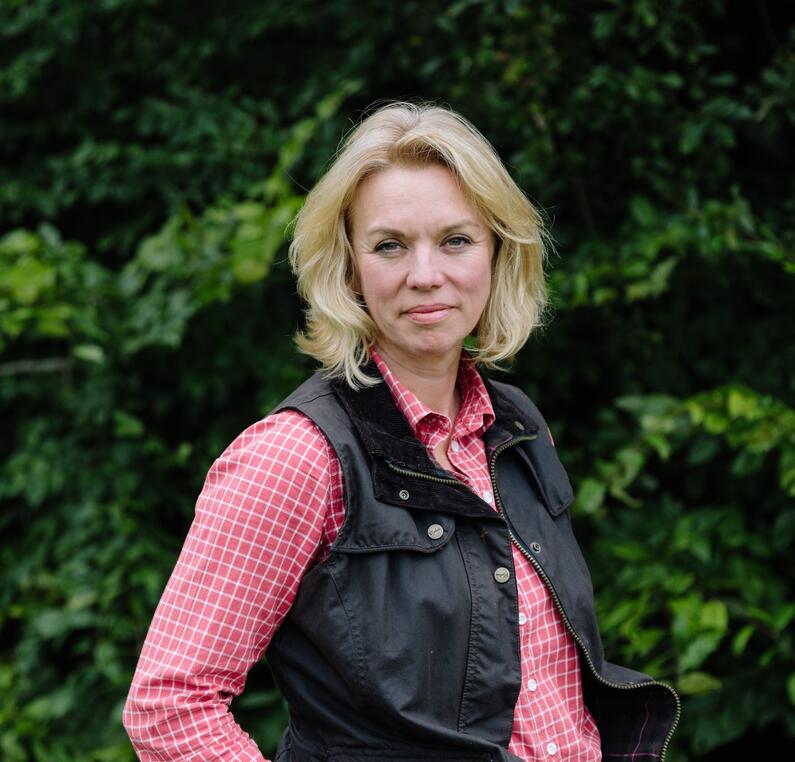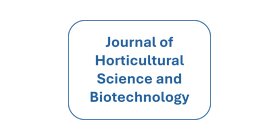
Natasha Edwards
I grew up on our family farm on the Isle of Wight, spending summers in the garlic fields. I’ve always had a keen interest in business and read Economics and Management at Oxford University subsequently worked internationally in consultancy and media before returning to the family business. My husband and I now run The Garlic Farm which comprises agritourism, garlic products, garlic growing and small herds of cows and goats.
Obtaining our certifications (B Corp, Organic, Pasture for Life) has had a profound impact on the way we farm and do business. While this journey has been challenging, it has allowed us to solidify our values, improve farming techniques, understand our social and environmental impact as well as improve business resilience. Rather than being a tick box exercise or just a label, I want to explore how certification can encourage a cultural shift for both consumers and producers, improve profitability for farms and promote agroecological practices.
I am excited and honoured to have the opportunity to explore these questions through a Nuffield Scholarship which would not be possible without the generous support of my sponsors The Studley College Trust and the Journal of Horticulture, Science & Biotechnology.
Farm Certifications for Farm Profitability & Promotion of Agroecological Practices
Studley College Trust

Journal of Horticultural Science and Biotechnology

Study Overview
Certification could be seen as simply a badge or label. I hope to explore beyond this scope to discover where certification has the power to create transformational change and be more than a form filling exercise for farmers, or yet another logo for consumers. I see the real opportunity in the knowledge sharing, collaboration and community created amongst those committed to a better way of farming and doing business.
There has been a recent groundswell of mainstream awareness and support for regenerative agriculture. This is evidence that both the farming community and its customers can engage with practices that deliver positive outcomes, even in the absence of a formal certification. This reasonably modern movement will be explored alongside more mature, audited certifications to unearth benefits for farmers and their businesses.
The key questions I will explore:
1. Whether and how certification can offer a better private economic rationale or public funding for farming with positive agroecological outcomes (biodiversity, soil health, animal health, human health, resource efficiency)?
2. How can certification be used to educate, and foster knowledge-sharing groups?
3. What can we learn from international ‘best’ practices?
4. How can we create critical mass and recognition and make certification accessible to smaller farms?
5. Whether and how certification can provide reassurance and credibility for consumers?